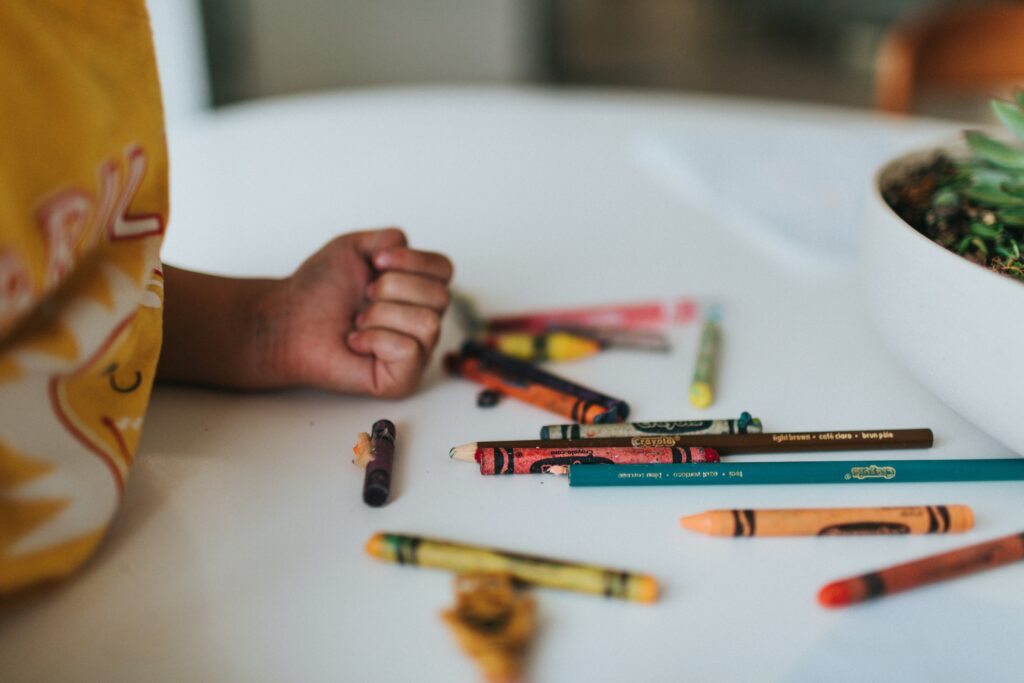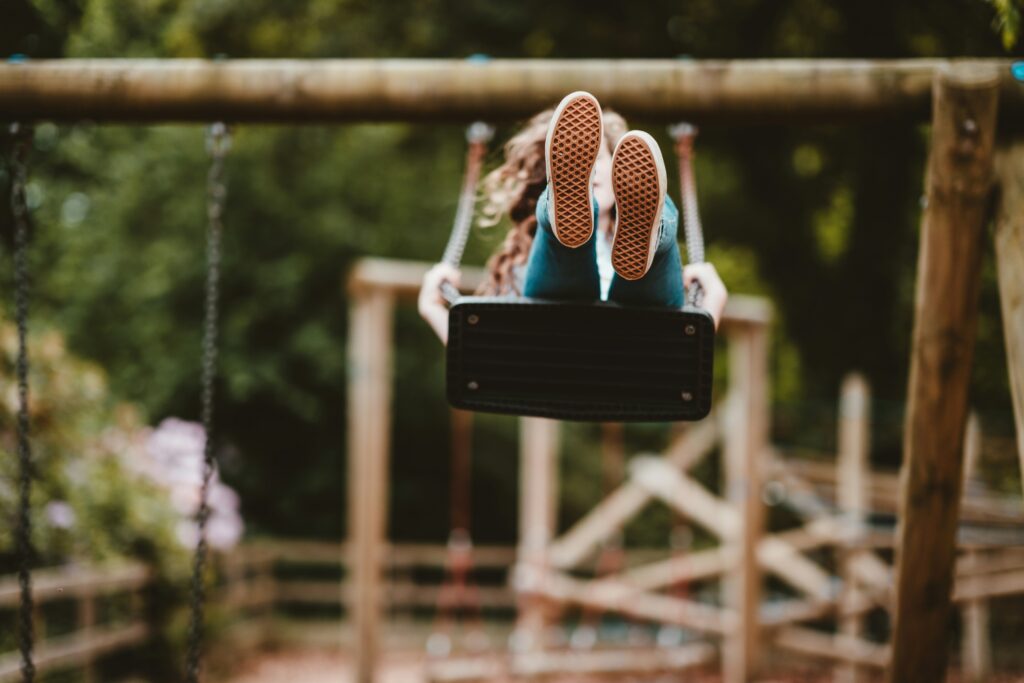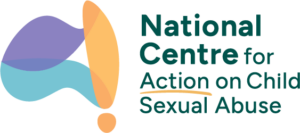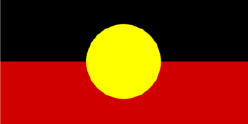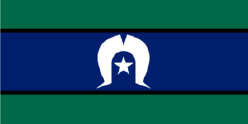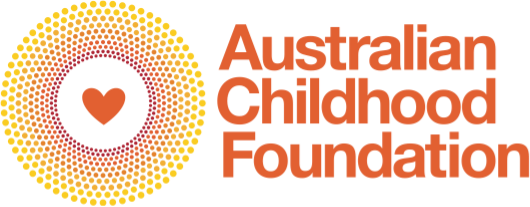I recently wrote to the Assistant Minister for Health and Aged Care, Ged Kearney MP to alert her to the hidden health epidemic of women and girls who experience child sexual abuse, and the Minister agrees that change is required. “This is the turning point for women’s health in Australia and I’m glad we’ve finally arrived here,” said Ged Kearney MP ahead of the National Women’s Health Summit.
Today, I participated in the Australian Government convened, 2024 National Women’s Health Summit. I came together with experts, policymakers, community advocates, and women with lived experience to discuss how together, Australia can fundamentally transform the health system to improve health care, services, and outcomes for women. “I’ve convened the National Women’s Health Summit to bring the best and brightest together to work out how we can improve health care and services for women,” declared the Minister.
This was an opportunity to put the spotlight on the silent health crisis that is posing a grave threat to the wellbeing of Australian women and girls, the epidemic of child sexual abuse.
Recent statistics paint a grim picture, with more than 1 in 3 Australian girls being sexually abused before the age of 18.(Mathews B, 2023) The Australian Bureau of Statistics offers a sobering glimpse into the prevalence of sexual assault against girls under 18 years old. According to the latest data, a staggering 59% of recorded sexual assault victims in 2022 were under the age of 18, even more concerning is that most young victims (79%) were female. This alarming trend has persisted uninterrupted for years, with records from the past 10 years consistently showing that the most common victims of sexual assault are girls aged 10 to 17 years old.
While these statistics underscore the urgent need for comprehensive measures to prevent sexual violence against girls, we must also act now to address the lifelong health impacts. The consequences of child sexual abuse extend far beyond the immediate trauma, leaving a devastating mark on the long-term health and mental well-being of victims and survivors. Research reveals a staggering increase in self-harm, suicide attempts, and substance dependency among female child sexual abuse victims and survivors. The risk of accidental overdose-related deaths is a chilling 88 times higher for these women, highlighting the compelling need for specialised intervention and support. (Bonomi, 2019)
Mental health outcomes are equally grim, with an experience of child sexual abuse doubling the likelihood of post-traumatic stress disorder and significantly increasing the risk of anxiety and depression. The ripple effect of abuse reverberates throughout the lives of girls and women, leading to higher rates of smoking, binge drinking, and obesity and elevating their risk for chronic pain, cardiac conditions, gastrointestinal problems, and reproductive and sexual impairment. The consequences of child sexual abuse significantly impact women’s quality of life.
We know that girls are 2.4 times more likely to experience child sexual abuse, three times more susceptible to sexual abuse from a family member, and five times more at risk from an intimate partner compared to boys or young men. Yet girls’ stories are going untold with their wounds hidden behind closed doors.
Despite overwhelming evidence of the profound impact that child sexual abuse has, the response from our healthcare and mental health systems remains inadequate. Our recent Workforce Survey revealed that a mere 9% of the tertiary-qualified (health and mental health) workforce feel sufficiently equipped by their formal studies to respond to child sexual abuse. Even more surprising are reports that show only 22% of people who have been in contact with public mental health services had ever been asked about child sexual abuse. We cannot heal what we cannot see.
It’s time to bridge this gap and design and deliver the specialised care and support that women affected by child sexual abuse desperately need. At the National Centre for Action on Child Sexual Abuse, we believe a targeted focus is needed to equip the health and mental health workforces with advanced therapeutic practices to heal, manage, and reduce the long-term physiological and psychological effects of child sexual abuse. By addressing this urgent need for trauma-responsive therapeutic care, we can pave the way for better overall mental and physical health outcomes and reduce the burden of chronic and preventable disease amongst victims and survivors.
Being involved in the National Women’s Health Summit meant I could raise my voice in solidarity with the 1 in 3 women and girls who have endured the trauma of child sexual abuse. It was an opportunity to advocate for their right to healing, support, and justice. I am speaking out to break the silence, and to help heal the hidden wounds of girls and women who have endured child sexual abuse.


